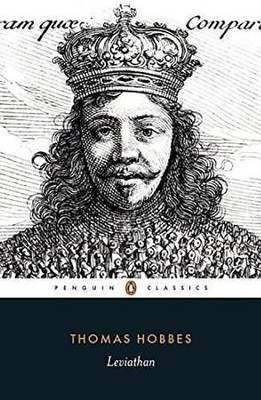
Thomas Hobbes
Thomas Hobbes (1588-1679) was born in Malmesbury. Entering Magdalen Hall, Oxford, in 1603, he took his degree in 1608 and became tutor to the eldest son of Lord Cavendish of Hardwick, afterwards the Earl of Devonshire; his connection with this family was life-long. His first interest was in the classics, and his first published work a translation of Thucydides, in 1628. An interest in science and philosophy soon developed, heightened by extended travels in Europe in 1629-31 and 1634-37. This led to his great project of a political science. His first verson of this, The Elements of Law, Natural and Politic, was privately circulated in 1640, when Parliament was hotly disputing the king's powers, and Hobbes fled to Paris, where he stayed for eleven years.A second version, De Cive, was published in 1642, and the third, Leviathan—the crowning achievement of his political science—in 1651. It was so influential that it came under widespread attack and was in danger of condemnation by the House of Commons. Hobbes perforce lived quietly and published little more on political matters. At the age of eighty-four he composed an autobiography in Latin verse, and within the next three years translated the whole of Homer's Odyssey and Iliad.